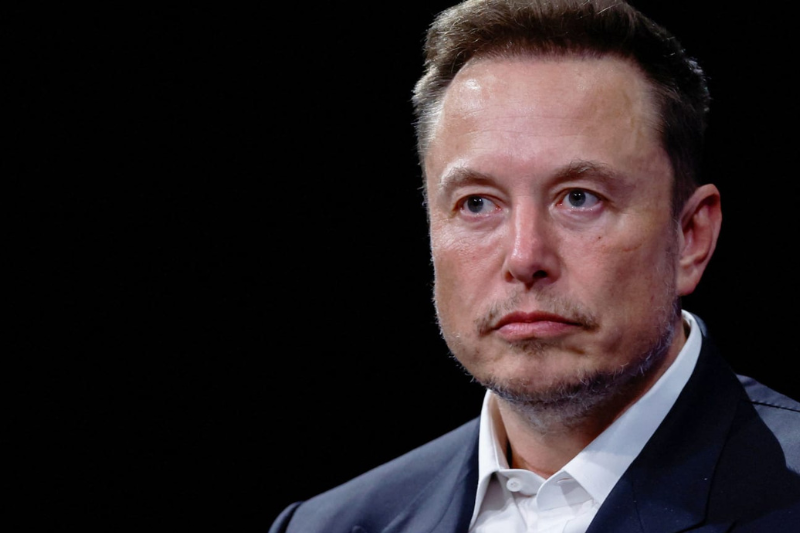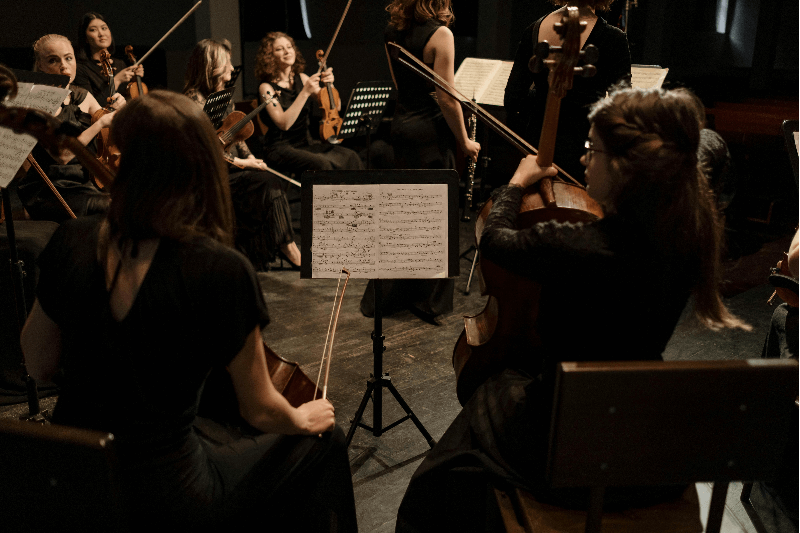
Elon Musk Feared a ‘Mini-Pearl Habor’, Thwarted Ukrainian Attack Over Crimea
Ukraine has knives all out for Elon Musk as a new biography claims that the SpaceX CEO ordered engineers to cut off Ukrainian access to Starlink satellites near the Crimean coast to prevent a surprise drone attack on Russian warships.
Musk told the author, Walter Isaacson, that he feared a strike on occupied Crimea would amount to a “mini-Pearl Habour”, and lead to a Russian nuclear retaliation. The biography Elon Musk highlights that the Ukrainian submarine drones strapped with explosives lost connectivity and washed ashore harmlessly.
The billionaire’s existential dread of sparking a wider war pushed him to spurn Ukrainian requests for Starlink systems they could use to attack the Russians. Following February 2022, Musk agreed to provide Ukraine with millions of dollars of SpaceX-made Starlink satellite terminals. With cellular phone and internet networks destroyed in Russian attacks, the Starlink terminals empowered Ukraine to fight and stay connected.
Keep Reading
But now Mykhailo Podolyak, Ukrainian President Volodymyr Zelenksy’s top aide, has accused Musk of interfering in the war. “Sometimes a mistake is much more than just a mistake. By not allowing Ukrainian drones to destroy part of the Russian military fleet via Starlink interference, Elon Musk allowed this fleet to fire Kalibr missiles at Ukrainian cities.”
The Ukrainian official said civilians and children are being killed because of this. “This is the price of a cocktail of ignorance and big ego. However, the question still remains: why do some people so desperately want to defend war criminals and their desire to commit murder? And do they not realize that they are committing evil and encouraging evil.”
Musk told Isaacson that Starlink was not meant to be involved in wars. “It was so people can watch Netflix and chill, and get online for school and do good peaceful things, not drone strikes.” Despite being impressed with the design of the submarine drones, the billionaire said he wouldn’t turn satellite coverage back on for Crimea because Ukraine “is now going too far and inviting strategic defeat”.




